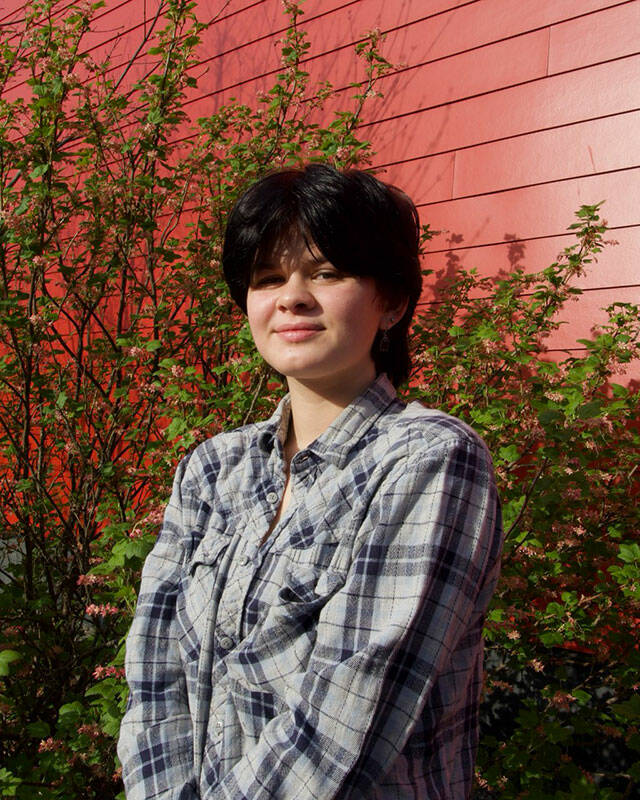In the wake of the COVID-19 lockdown, many teenagers have been left disoriented and unsure of their surroundings, both in school and in the broader world, as adults expect more than teens can deliver.
For current seniors, it’s their first full year of school since tenth grade, and for current freshmen, it’s since sixth grade.
Going from just entering high school to thinking about entering the world and graduating is a huge jump. Teenagers have found themselves facing more responsibilities, such as finding jobs and filling out college applications, but they are lacking the two years of normal life experience to back these choices up.
Understandably, youth have continued to act out — engaging in drug use, skipping class, etc. At Vashon Island High School (VHS) it feels as if teachers, administrators, and parents have taken a reactionary approach to this, and have not taken the context of the pandemic into account.
For example, a now-defunct policy of the VHS administration was to impose lunch detention for unexcused absences. This tactic fails to address the root of the issue, which is stress from the past year’s events.
The school has also installed vape detectors in the restrooms with an aim to reduce vaping on school grounds. While drug use is unhealthy, and not to mention illegal, on-campus or otherwise, criminalization has not been shown to help anyone end addictive habits; to paint a larger picture, more than 75% of state drug offenders end up rearrested within five years, according to the United States Sentencing Commission.
Whether it is drug use or skipping class, it’s key to see these behaviors as a way to cope via avoidance of the stressor, rather than an attempt to smite authority. And even if it is an attack on authority, adult figures would benefit from approaching these behaviors with curiosity, as teens acting out dangerously is a symptom of a bigger issue. When interventions address the issue instead of the effects, it is possible to replace these harmful coping mechanisms with more positive and constructive ones.
For many students, the bureaucracy of seeking help is prohibitive, and there is fear of judgment and consequences if they are seeking help for taboo topics like sexual health or drug abuse. Vashon is an isolated rural area, and there are only so many resources that are accessible to students — if VHS is to make mental health a priority, then access to and creation of support systems needs to happen quickly.
Two counselors for approximately 530 students is not nearly enough to support a struggling student body, and the Neighborcare clinic is understaffed for the number of students reaching out.
Students should be getting better from our adults. Our budgets should be prioritizing new hires for counselors within the school and for therapists within Neighborcare. Both faculty and the administration should receive training on how to kindly and effectively help students who may be struggling or acting out.
In these times, it is important to recognize that high schoolers, functionally, are still children, and we still have far to go in our development. We deserve to be treated with care and compassion as we readjust to a normal life, test coping strategies, and set boundaries.
Max Rulff is a student at VHS and a reporter for the Riptide, the student newspaper of VHS. This commentary first appeared in that newspaper’s March 2022 edition. Max’s photo is by Savannah Butcher, also with the Riptide. To read more content from the Riptide, visit riptide.vashonsd.org.



